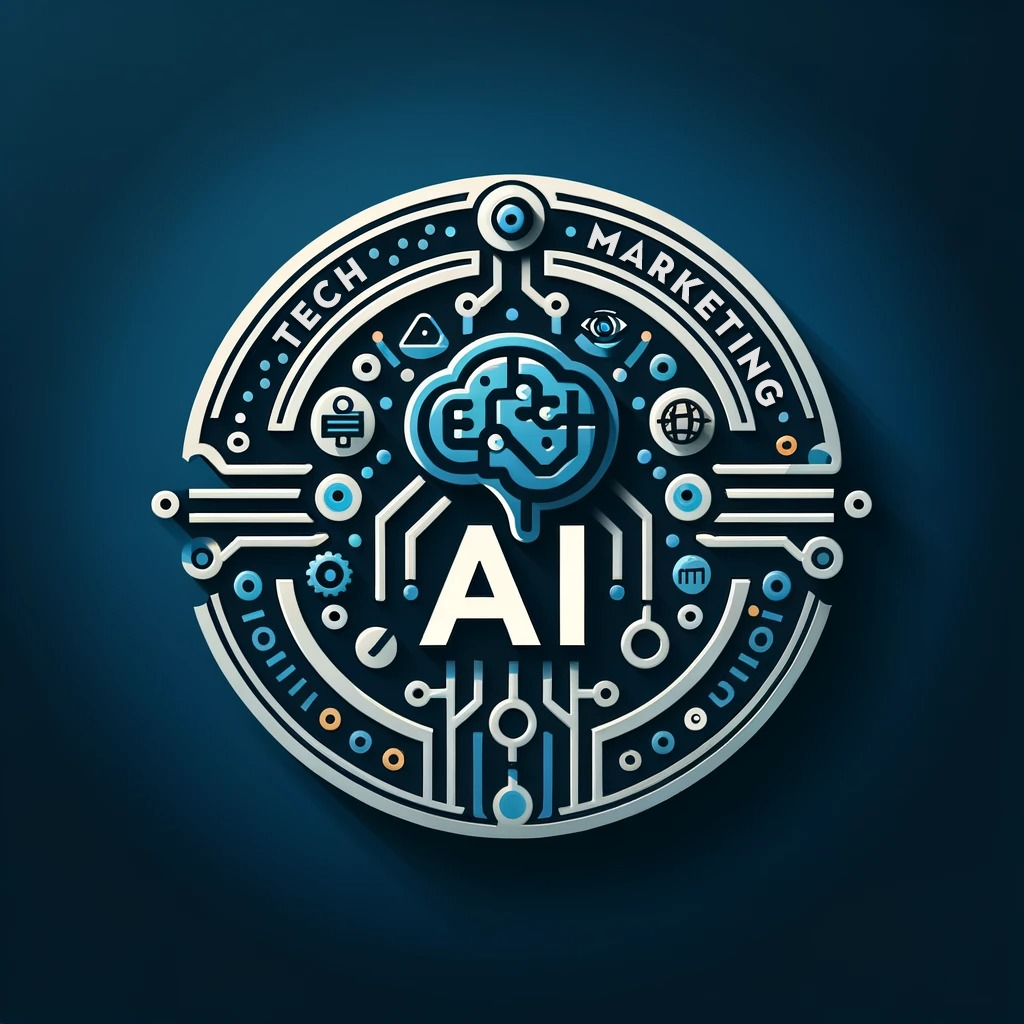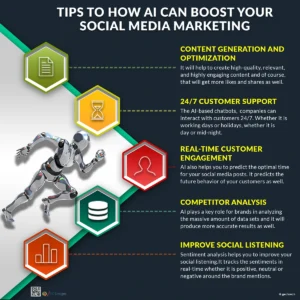In today’s digital-first world, connecting with Generation Z (those born between 1997 and 2012) is a critical priority for businesses across the USA, UK, Canada, Australia, and Italy. Known for their tech-savvy nature, demand for authenticity, and strong value-driven preferences, Gen Z poses unique challenges and opportunities for marketers.
Artificial Intelligence (AI) tools have emerged as powerful enablers, offering businesses the ability to decode Gen Z’s preferences, predict trends, and engage meaningfully. This blog explores how AI tools—ranging from social media analytics to trend prediction—can revolutionize the way businesses connect with this dynamic demographic.
Who is Gen Z?
Gen Z is a generation unlike any other, deeply immersed in technology and driven by values such as social justice, environmental consciousness, and inclusivity. Key traits include:
- Digital Natives: They grew up with the internet and are always online.
- Short Attention Span: They prefer concise, visually engaging content.
- Value-Oriented: They align with brands that reflect authenticity and responsibility.
For businesses, this means adopting innovative, technology-driven approaches to engagement.
How AI Tools Help Businesses Connect with Gen Z
1. Social Media Analytics: Understanding Gen Z Conversations
AI-powered social media tools like Brandwatch and Hootsuite Insights analyze user interactions across platforms like Instagram, TikTok, and YouTube. These tools:
- Identify trending hashtags and topics Gen Z is discussing.
- Monitor sentiment analysis to understand public opinion.
- Optimize posting schedules for maximum engagement.
For example, analyzing TikTok trends can help a fashion brand predict the next big style Gen Z will embrace.
2. Trend Prediction: Stay Ahead of the Curve
Gen Z values brands that are ahead of trends. AI tools such as Trendalytics and SparkToro help businesses:
- Detect emerging preferences in real-time.
- Provide actionable insights into product development.
- Predict shifts in cultural conversations before they peak.
This predictive power ensures brands remain culturally relevant and appealing to Gen Z.
3. Personalized Marketing Campaigns
AI enables hyper-targeted marketing campaigns that resonate deeply with Gen Z. Tools like HubSpot and Salesforce Marketing Cloud:
- Create personalized content based on browsing and purchase history.
- Suggest products tailored to individual interests.
- Optimize delivery times to match engagement peaks.
Personalization creates a sense of exclusivity, fostering stronger connections with Gen Z.
4. Content Creation Tailored for Gen Z
Visual and video content dominates Gen Z’s attention. AI tools like Canva, Adobe Sensei, and Jasper AI assist in:
- Designing creative visuals and infographics.
- Editing videos for TikTok, Instagram Reels, and YouTube Shorts.
- Generating engaging captions and trending hashtags.
These tools ensure businesses produce content that aligns with Gen Z’s aesthetics and preferences.
5. Real-Time Engagement with AI Chatbots
Gen Z expects instant responses. AI chatbots like Intercom and ChatGPT provide:
- 24/7 support for inquiries.
- Conversational, relatable interactions.
- Personalized responses that enhance user experience.
AI chatbots not only improve customer service but also build trust with a tech-savvy audience.
Real-World Success Stories
Starbucks
Starbucks uses AI to analyze customer preferences, sending personalized offers via their mobile app. This strategy has resulted in increased engagement with Gen Z customers.
Nike
Nike employs AI tools to track social media trends, enabling them to design campaigns that resonate with Gen Z’s values, such as sustainability and inclusivity.
ASOS
ASOS uses AI for fashion trend analysis, ensuring their collections remain fresh and relevant for young consumers. Their success with Gen Z reflects the effectiveness of AI-driven decision-making.
How to Implement AI Tools in Your Business
1. Start Small
Adopt a single AI tool, such as a social media analytics platform, to familiarize your team with its capabilities.
2. Educate Your Team
Train your staff to utilize AI tools effectively, ensuring they understand their role in optimizing customer engagement.
3. Collaborate with Experts
Work with AI consultants or digital marketing agencies to integrate these tools into your business strategy seamlessly.
4. Experiment and Iterate
Test multiple AI strategies to determine what works best for your audience.
5. Prioritize Ethics
Be transparent about your data usage and prioritize customer privacy to build trust with Gen Z.




